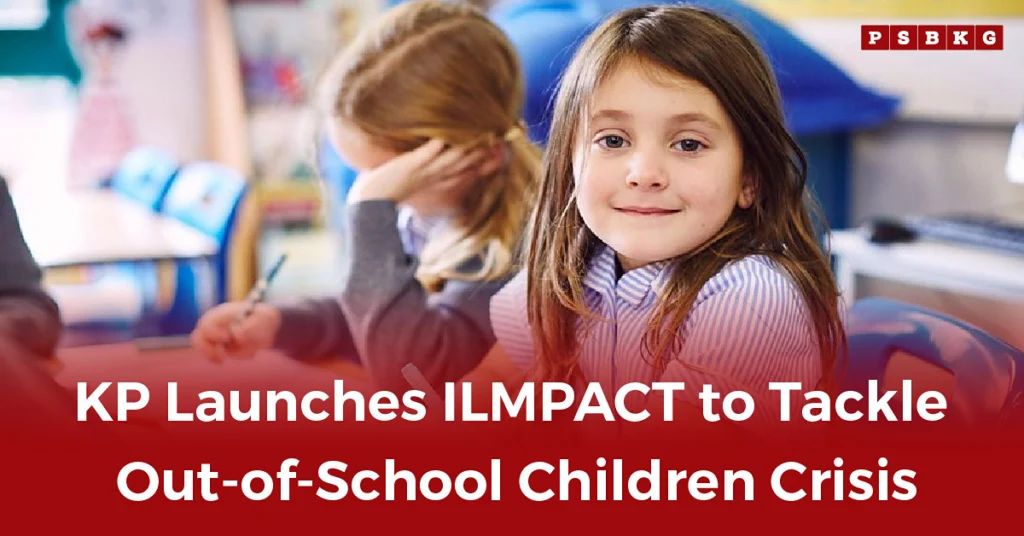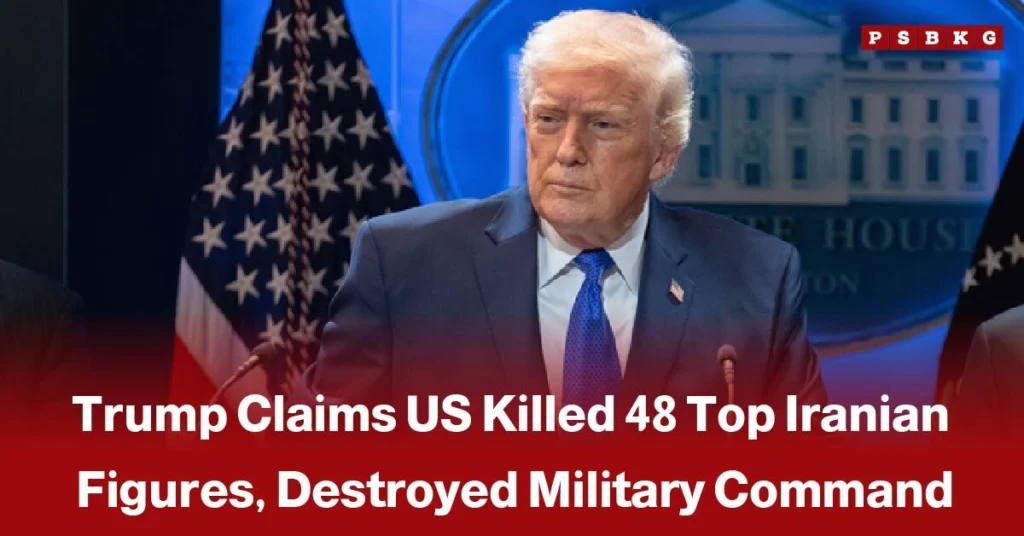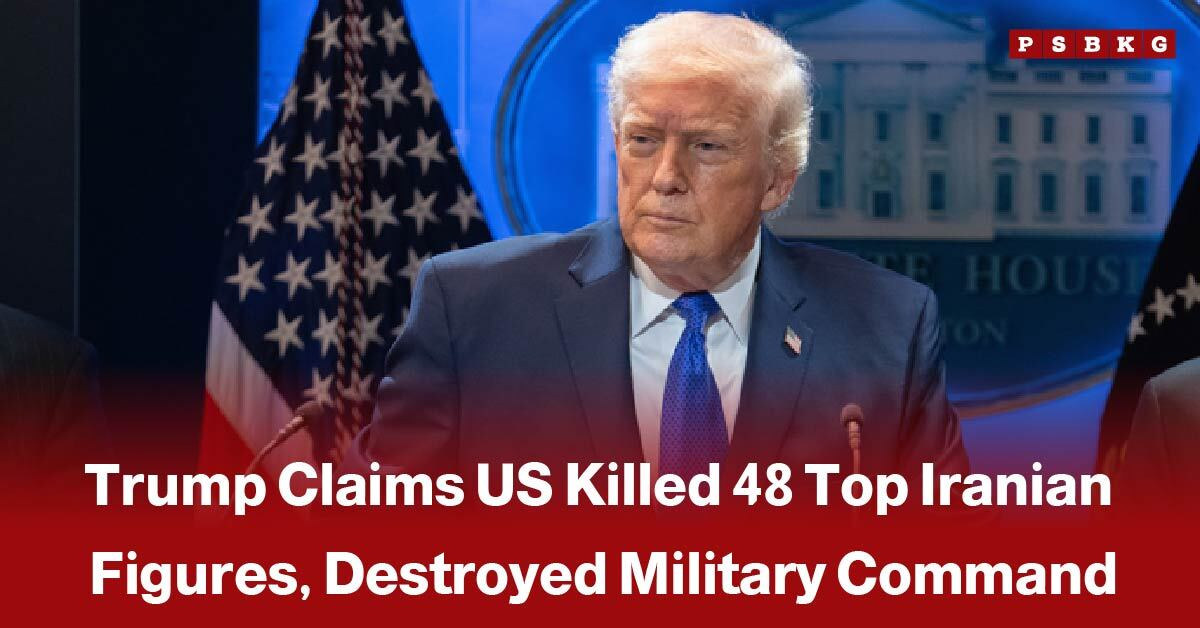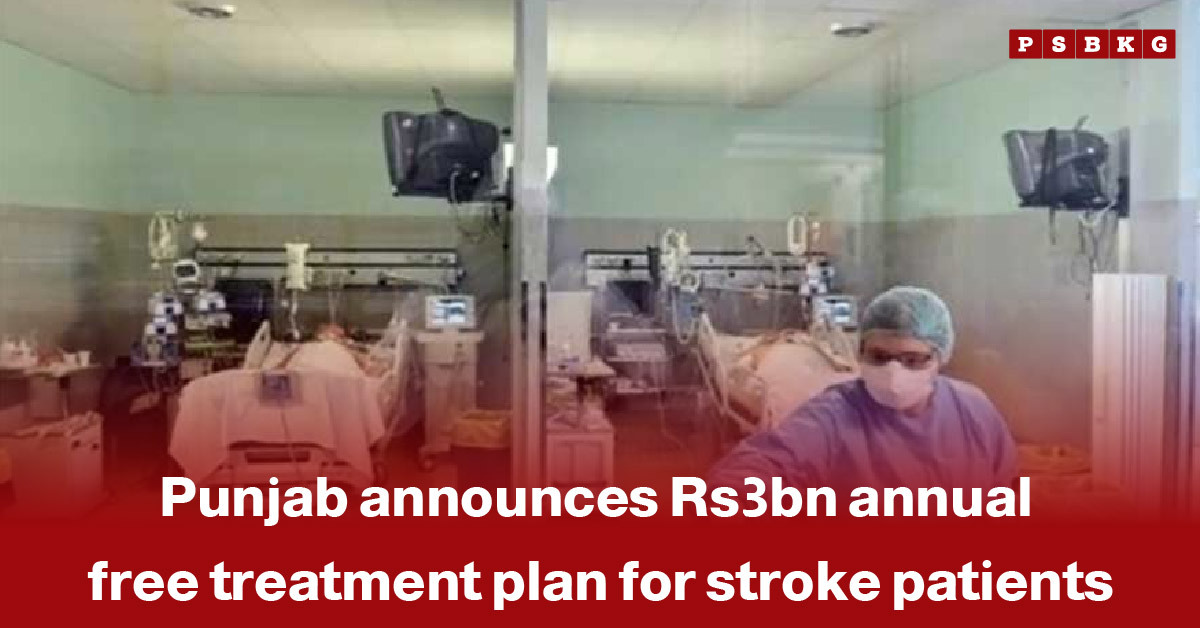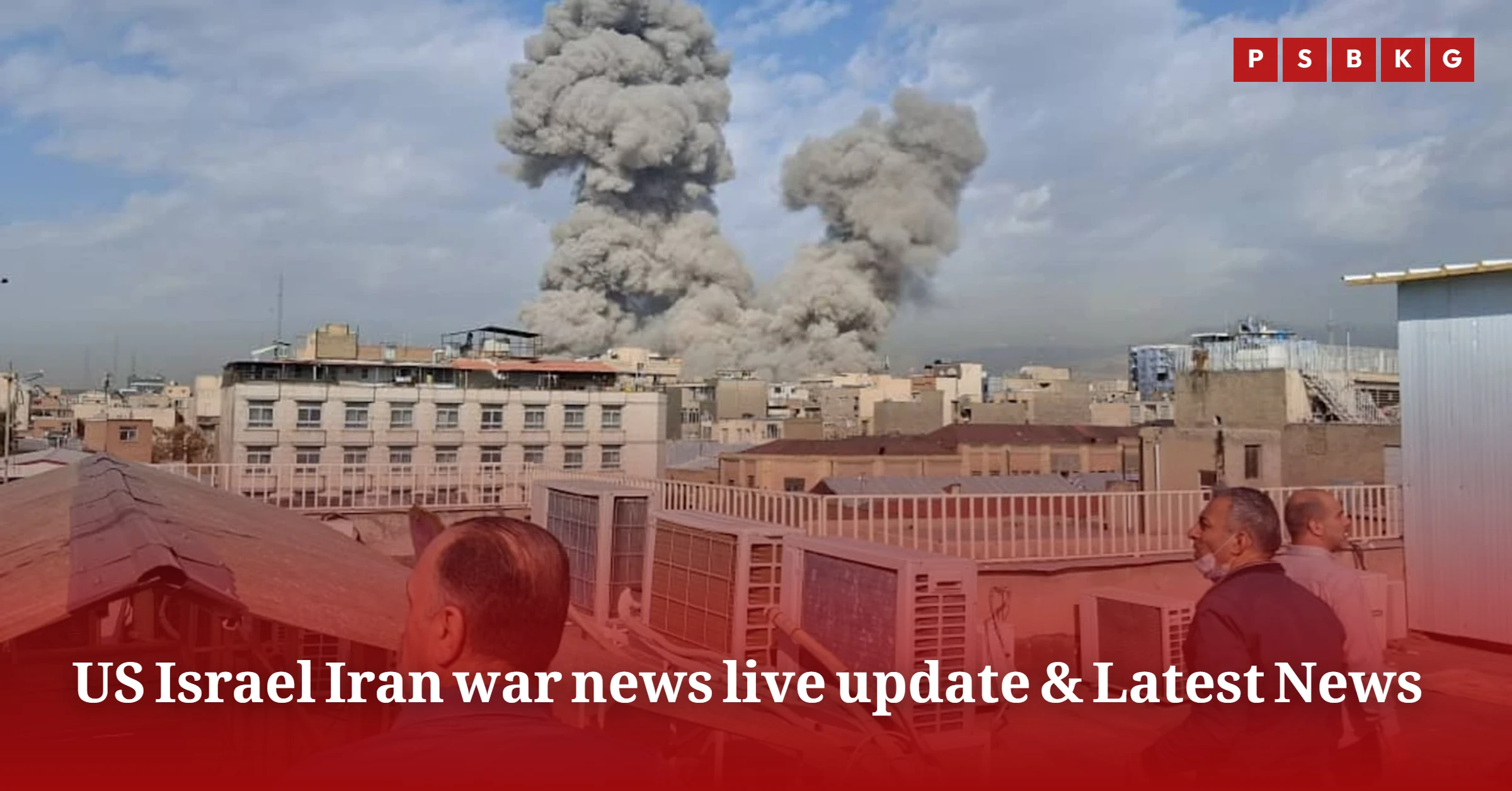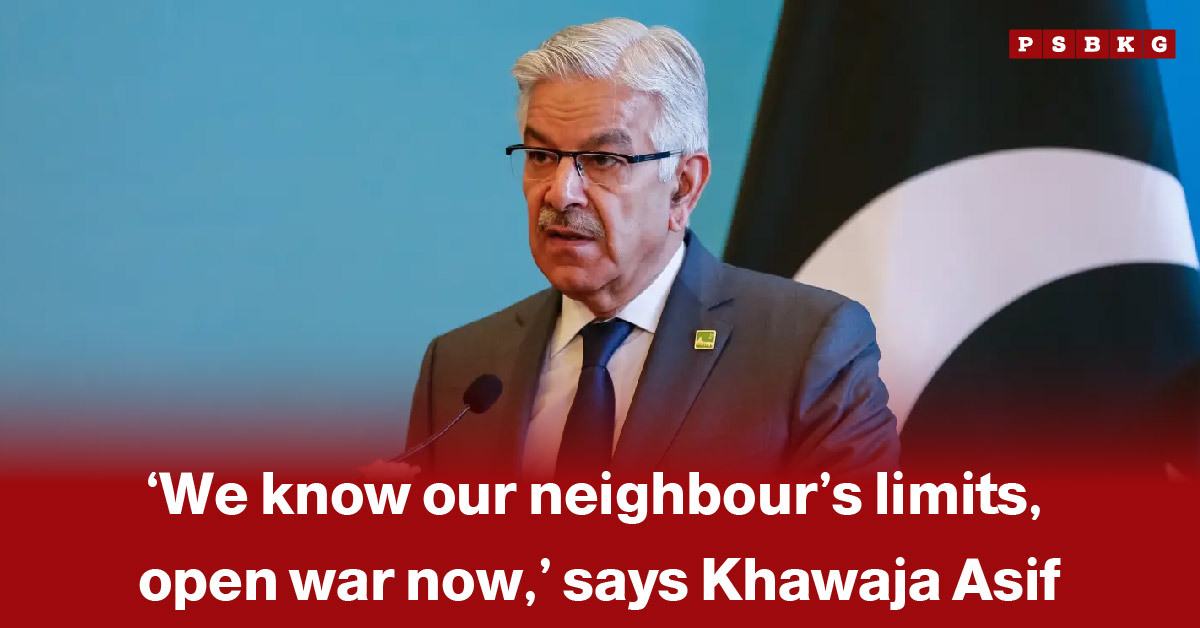A New Dawn for Education in Khyber Pakhtunkhwa
When officials launched the ILMpact programme in KP at the Chief Minister’s House in Peshawar on July 31, 2025, it lifted my heart a little for the children across the province. This wasn’t just another ribbon-cutting, it marked a real moment in the latest news, showing a determined effort to reach the kids who’ve been left behind for far too long.
ILMpact: A Partnership Born of Purpose
The KP government joined hands with the United Kingdom’s Foreign Commonwealth & Development Office and the British Council to roll out the ILMpact initiative. Together they pledged to enroll children who have never stepped into a classroom while also raising the bar on educational standards. Chief Minister Ali Amin Khan Gandapur was present to launch the programme, alongside the Provincial Education Minister Faisal Khan Tarakai and the British Council’s country director James Hampson.
Who’s Getting Help, and Where?
The scope is striking. Through the ILMpact programme in KP, eight districts, Battagram, Mansehra, Swabi, Buner, Shangla, Khyber, Mohmand, and Dera Ismail Khan, are expected to enroll approximately 80,000 out-of-school children. These include girls, children from disadvantaged or minority backgrounds, and those with special needs. Local teams will lead community awareness campaigns to promote the initiative, placing special emphasis on encouraging girls to pursue education.
Teachers, Parents, Communities: Everyone’s a Stakeholder
The programme goes beyond enrolment. It will train master trainers to equip teachers with modern teaching methods. Parent‑Teacher Councils and School Management Committees will receive capacity‑building support so that schools become true community hubs. This feels key, true transformation happens when parents and teachers collaborate closely.
Quality Over Quantity, But Both Matter
Chief Minister Gandapur spoke with an easy sincerity. He reminded the gathering that during the past year 1.3 million school‑age children had already been enrolled across the province. The target now is another one million in this academic year. In a subtle way he insisted that access to education isn’t enough. “No child in a government school should be without a chair or desk”, he said. Funds have already been earmarked to fix basic facility gaps like furniture. Efforts are in motion to distribute free school supplies, including textbooks, notebooks, and bags, to support students in the coming academic sessions. Meanwhile, the government is hiring 18,000 new teachers based on merit and rolling out additional training initiatives to strengthen classroom quality.
Why It Feels Different This Time
Even those long familiar with Pakistan’s education system have taken notice of this moment, it feels like a shift worth paying attention to. KP’s sustained pace of enrolling children, paired with attention to teacher training and community engagement, suggests that the ILMpact programme KP may avoid the fate of many short-lived initiatives. The emphasis on inclusivity, especially for girls and marginalized children, backs up the rhetoric with real action. Gandapur’s tone, gentle and firm, also feels different. He framed education not just as policy, but as an urgent moral mission. True independence begins with an educated population. That’s why we’re actively focusing on girls’ education, because an educated mother raises informed, empowered generations.
Quiet Optimism, but No Illusions
There’s a sense in Peshawar’s corridors these days that change is possible, if quietly nurtured. People don’t shout optimism, they build it quietly, through small and steady actions.Yet there’s no illusion that everything will change overnight. After all, Pakistan still has more than 26 million out‑of‑school children nationwide. Still, if KP can reach just a fraction of them with ILMpact model, that may ripple out to inspire other provinces.
Looking Ahead
What happens next will depend on sustained effort, consistent funding, genuine teacher training, and strong community buy-in. If the ILMpact programme in KP can live up to its promise of quality education and meaningful inclusion, then those 80,000 children may not only step into classrooms, they might stay engaged, motivated, and hopeful. In the months ahead, we’ll watch closely to see if officials expand the programme beyond the initial eight districts and whether other provinces like Sindh, Punjab, and Balochistan adopt its approach. Education isn’t a one-year goal. It’s a long-term trust, and KP seems committed to honoring that trust through ILMpact.


